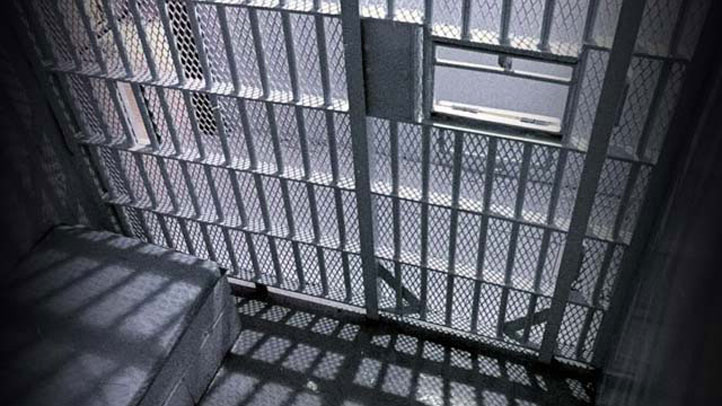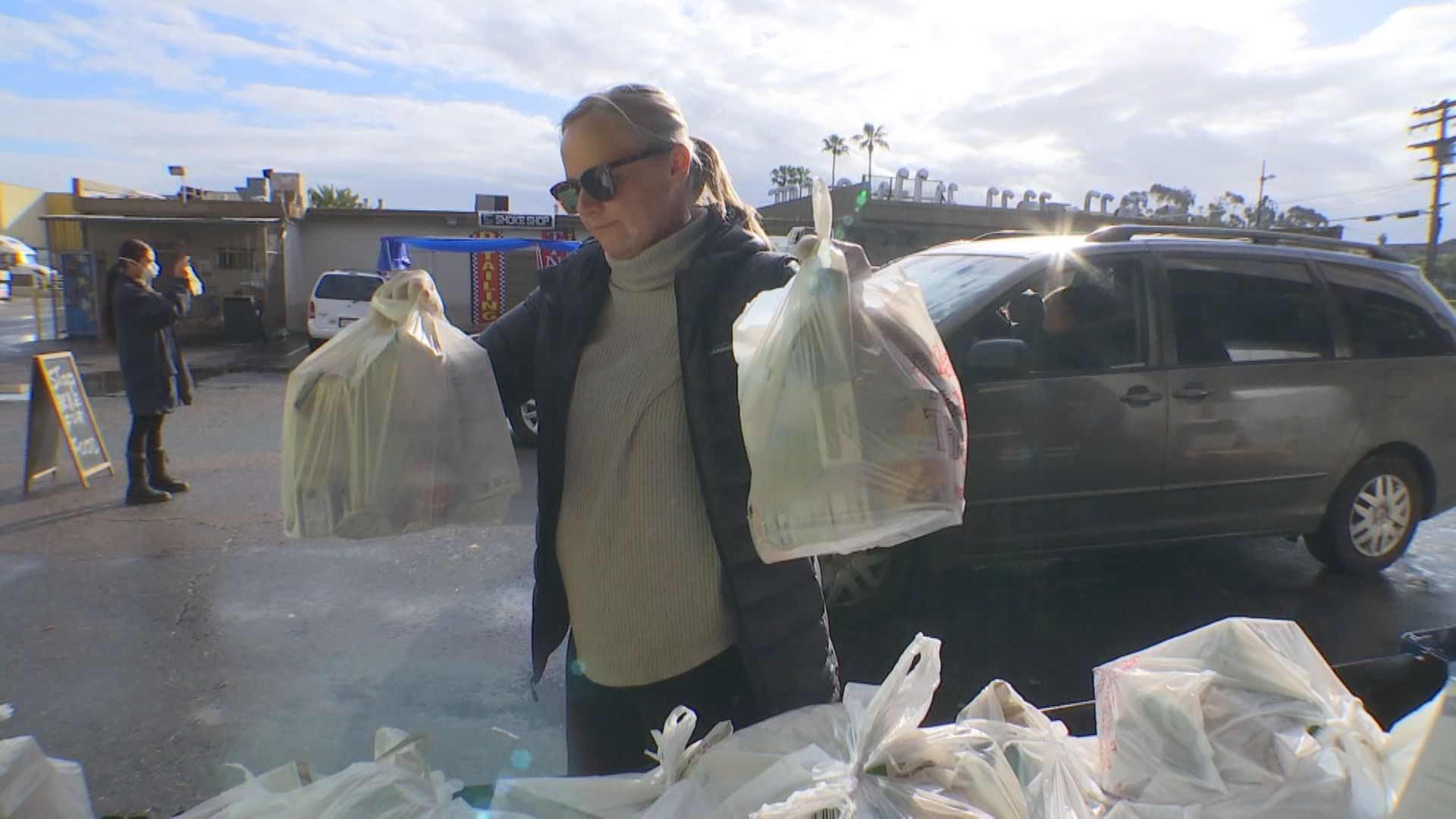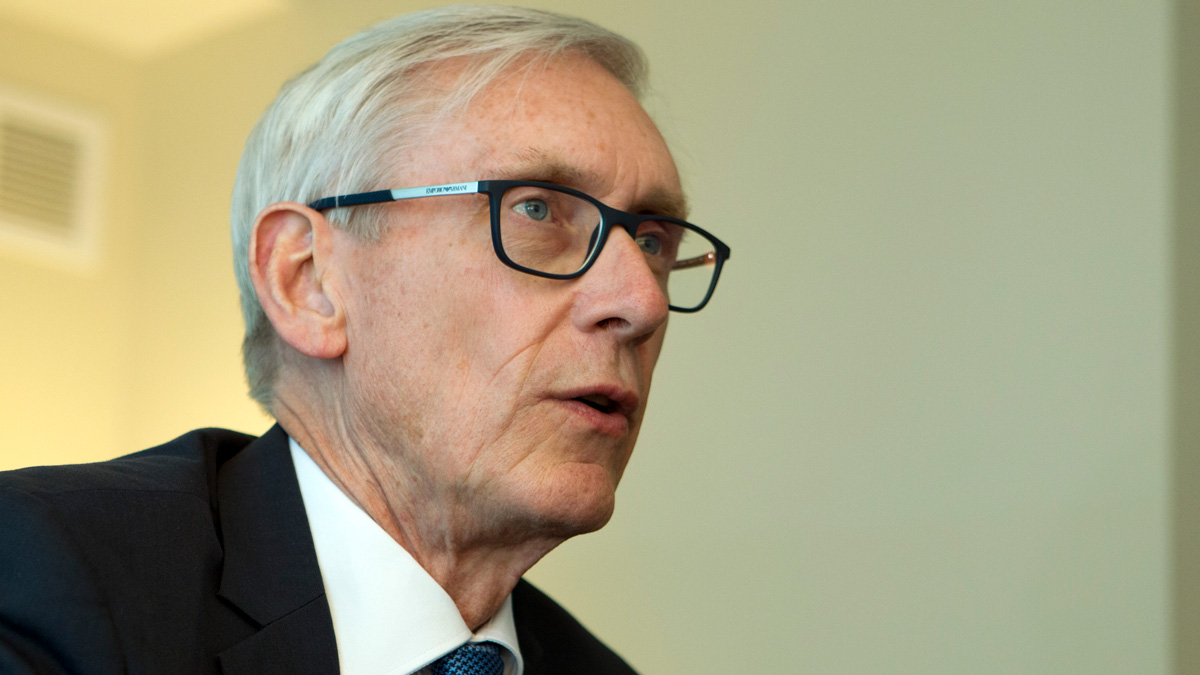More than 1,000 hotel rooms will be rented by the city of Chicago to be used as quarantine and isolation sites for potential coronavirus patients or those in recovery, Mayor Lori Lightfoot said Monday afternoon.
The efforts will help ensure those individuals won't place an unnecessary burden on hospitals, free up beds for more seriously ill patients and help decrease the spread of disease, according to a news release.
An additional 236 confirmed cases of coronavirus, along with three additional deaths, were reported in Illinois Monday, bringing the statewide total to 1,285.
Those individuals who will be placed in hotel rooms will be monitored by staff with the Chicago Department of Public Health. In addition, all hotel workers who work during any quarantine operations will be properly trained and will also be monitored by health workers.
Approximately 200 hotel rooms will initially be available, but that number is expected to rise to more than 1,000 by the end of the week, city officials said.
As part of the deal, the first hotel to take part, Hotel One Sixty-Six, resolved an 18-month strike by hotel employees represented by Unite Here Local 1. Many of the hotel’s employees will return to work with raises, healthcare and no increase in workload for hotel housekeepers, the news release stated.
"It is promising to see hotel owners our partners with labor unions and government come together to fight this terrible virus," said Michael Jacobson, CEO and president of the Illinois Hotel and Lodging Association.
In addition to hotels, the city of Chicago reached an agreement with the former Metro South Medical Center in Blue Island, which has been vacant since September, to provide an additional 200 rooms.
"In the absence of federal leadership, we have created a model and plan that can be followed by other cities and towns across the nation," Mayor Lightfoot said.
In partnership with the city, the YMCA of Metro Chicago will create an additional 400 shelter bed spaces at its facilities for those experiencing homeless. Shelters will be able to house those additional individuals while also abiding by social distancing practices, officials said.
"Like so many Chicago institutions, nonprofits like the YMCA face an uncertain future," Richard Malone, President and CEO of the YMCA of Metropolitan Chicago, said in a news release. "But that concern is secondary to the health and safety of Chicago's citizens - especially the most vulnerable in our community like displaced and homeless individuals."




